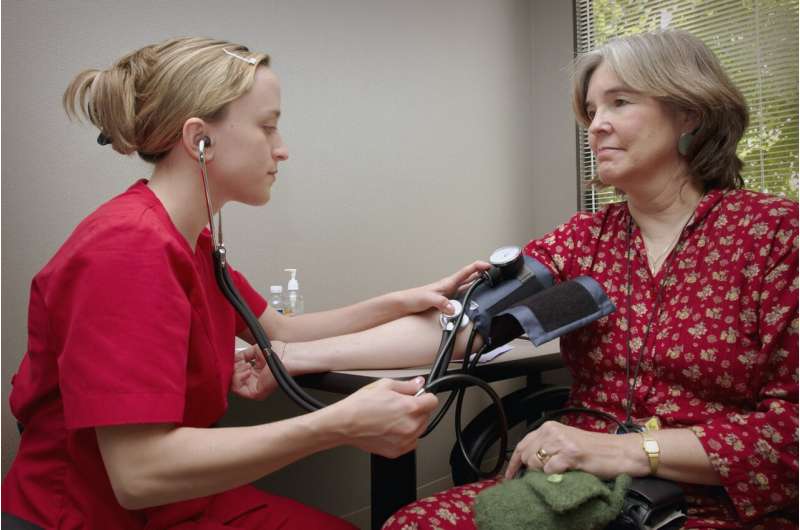Detection of Measles Virus in Houston Wastewater Prior to Reported Cases

Early detection of measles in Houston wastewater samples before clinical cases highlights the potential of environmental surveillance as a powerful tool in public health for outbreak prevention.
In a groundbreaking public health development, researchers utilizing an innovative sequencing-based surveillance system identified the presence of the measles virus in Houston's wastewater samples collected in early January 2025, well before any clinical cases were officially reported. This early detection was made possible through a collaborative effort involving Baylor College of Medicine, the University of Texas Health Science Center—Houston School of Public Health, the Houston Health Department, and Rice University, with findings published in the American Journal of Public Health.
The team employed a highly sensitive method analyzing genetic material—in this case, viral RNA—in wastewater samples from two Houston water treatment facilities serving over 218,000 residents. The detection on January 7 indicated the possible circulation of the measles virus within the community. Subsequently, a parallel investigation confirmed the presence of the virus in samples from travelers residing in the same area on January 17, supporting the hypothesis of recent community exposure.
This approach highlighted the potential for wastewater monitoring to serve as an early warning system for infectious disease outbreaks. By analyzing genetic sequences, researchers can detect viruses before they manifest as clinical cases, thereby providing valuable lead time for public health responses. Dr. Anthony Maresso, a co-author, emphasized that the detection underscores the utility of environmental surveillance in understanding and controlling disease spread, akin to meteorological monitoring for weather prediction.
Further validation involved collaboration with local health agencies, confirming the presence of measles RNA through PCR testing—a method that solidified the findings. Notably, the researchers pointed out that over the last 31 months, no other measles virus was detected in the sequenced wastewater samples from the same region, indicating the specificity and sensitivity of this early detection method.
While no new cases have emerged in Houston, the team is actively monitoring other areas, including West Texas, where measles detections continue. The ongoing surveillance is publicly accessible through the Texas Public Health Data dashboard.
This research highlights the importance of integrating environmental surveillance into public health strategies, offering a promising avenue for early outbreak detection and response. Health authorities continue to advocate for vaccination, emphasizing that the MMR vaccine remains the most effective measure to prevent measles infection.
Source: https://medicalxpress.com/news/2025-05-measles-virus-houston-wastewater-cases.html
Stay Updated with Mia's Feed
Get the latest health & wellness insights delivered straight to your inbox.
Related Articles
GSK Acquires Promising Liver Disease Medication in Deal Valued at Up to $2 Billion
GSK is investing up to $2 billion to acquire efimosfermin, a promising drug in late-stage trials for treating fatty liver disease, which could revolutionize care and lower healthcare costs. Source: medicalxpress.com
Promising Drug Candidate Offers Hope for Difficult-to-Treat Heart Failure
A new drug candidate identified by university researchers shows promise in reversing heart failure with preserved ejection fraction (HFpEF) in mice, offering hope for advanced treatment options.
Study Shows Cost-Effective Benefits of Intensive Blood Pressure Targets
Research shows that intensive blood pressure control below 120 mm Hg is a cost-effective strategy to reduce cardiovascular events, despite potential risks and higher healthcare costs. Learn about the latest findings on blood pressure management.
Parental Exposure to Workplace Chemicals Associated with Increased Autism Severity and Behavioral Challenges in Children
New research links parental workplace chemical exposure to increased autism severity and behavioral challenges in children, emphasizing the importance of occupational safety during pregnancy and conception.



